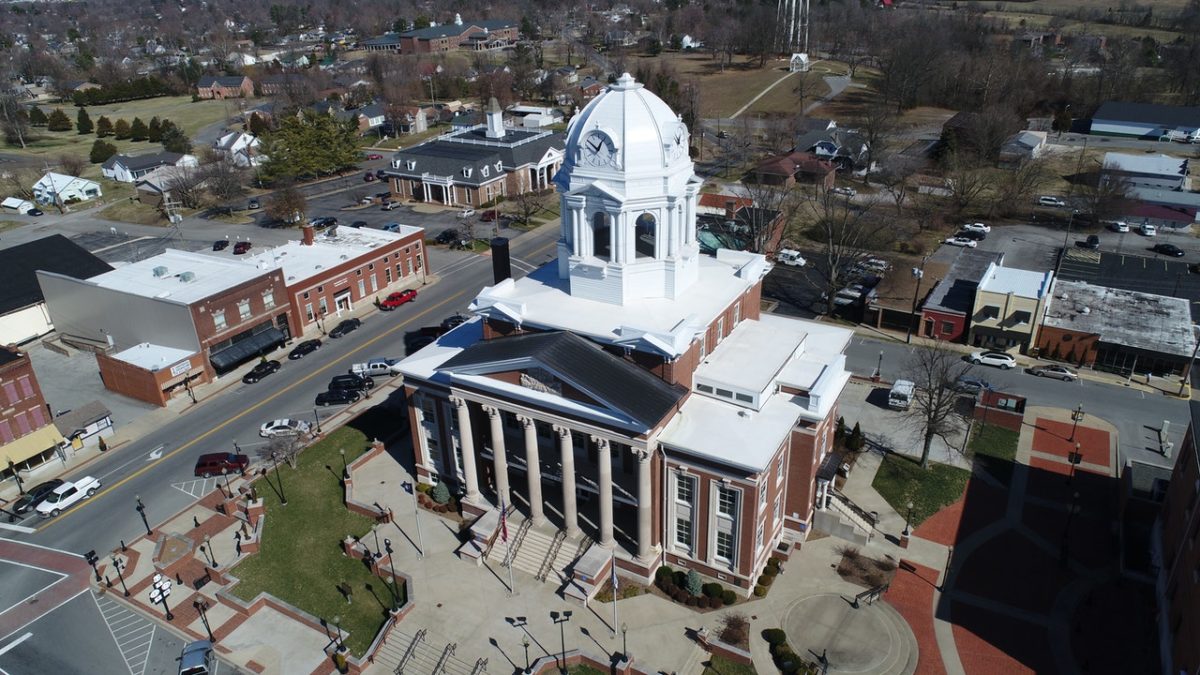- EXPERIENCED LAW FIRM IN TOLEDO, OH
- (419) 662-3100
Ohio Probate Law Facts

How To Estate Plan For Someone Receiving Hospice Care
June 24, 2022
What Is The Best Power Of Attorney To Have?
July 6, 2022Ohio Probate Overview
Probate is one of those things that most people don’t think about until they have to. Usually, it’s because someone has passed, and their survivors must now deal with the deceased’s estate. Other times, it’s because someone has to plan their estate.
In either case, it’s a good idea to learn some of the facts about probate as it operates in Ohio.
So, what is probate?
Probate is the legal procedure used to administer certain types of property owned by a deceased person, pay claims, expenditures, and taxes, and distribute the remaining estate according to the decedent’s will or Ohio law. Probate property consists of all the deceased’s non-transferable property and is dispersed according to their will or, if no will exists, by Ohio law.
Probate is always in the deceased’s county probate court. However, additional proceedings might be needed if they owned property in another state.
What Is the Purpose of Probate?
Probate allows the executor or administrator of an estate the legal authority to manage, protect, and distribute assets as required by law and the will. In addition, probate helps manage payments for outstanding taxes, debts, and administration. Finally, perhaps most importantly, it oversees the distribution of the remainder of the estate to heirs and other beneficiaries.
What Assets Are Not Included In Probate?
Non-probate assets include property held in a trust, accounts payable or transferring to a named beneficiary, property held as joint tenants with right of survivorship, and insurance or retirement benefits payable to a designated beneficiary. Non-probate property can go to beneficiaries, survivors, or successors without probate.
Note, however, that both probate property and non-probate property may be subject to federal estate taxes.
How Does Probate Work?
Probate involves identifying and confirming who acts as executor if a will exists. For example, an executor might be an individual, bank, or trust company. If no will exists, the probate court will appoint someone to serve as the estate administrator.
Executors and administrators are responsible for the following tasks:
- Caring for property and other assets
- Receiving interest, dividends, and other estate income on behalf of the estate
- Gathering information on the deceased’s debts, claims, and notes
- Gathering information on heirs’ names, ages, addresses, and relationship
- Identifying beneficiary names in a will
- Investigating all estate claims and settling debts
- Arranging income and estate tax returns and payments
- Following the probate court’s directions and distributing estate assets to heirs.
The probate court supervises the executor or administrator and provides support where needed. Tasks the court oversees can include:
- Preparing and filing legal documents
- Delivering notices
- Securing appraisals
- Filing inventories
- Completing tax returns
- Accounting for funds
- Transferring assets to beneficiaries
- Finalizing probate proceedings
- Discharging the executor or administrator by the probate court.
Some more complex procedures may require guidance or assistance from a qualified estate attorney.
It should also be noted that if the decedent’s personal property is worth $35,000 or less, some of these processes can be waived.
Is Probate Expensive?
The probate court imposes fees depending on a schedule for each type of document filed. Usually, this comes to around $200. Most estate attorney expenses must be court-approved where attorney fees are based on an hourly rate or by the probate court’s fee structure.
Ohio law sets the executor or administrator’s fee as a percentage of probate property, income, and non-probate property. An executor, administrator, or attorney can ask for additional fees for performing special services. Executor and administrator fees are taxable and frequently waived.
How Long Does Probate Take?
Claims can be made against the estate six months after the deceased’s passing. Therefore, a small estate with no creditors and no federal estate tax reporting requirements can sometimes be handled in less time. However, administrating an estate could take more than a year if a federal estate tax return is necessary; estate taxes are due nine months after death. In addition, if an estate tax return is audited, the estate administration could take another year.
An executor or administrator cannot safely disperse estate assets until released from personal liability for estate taxes. Depending on how complex they are, a challenged will or tax issue can take years to resolve. That said, most or all estate assets can be distributed before probate is complete.
Should I Get a Will?
Without a will, your probate property will be allocated according to Ohio law. Having a will ensures that your probate property is divided as you choose. A will also names the executor and guardian for any minor children. It’s a good idea to update your will with your attorney now and then to keep everything current.
After a person dies, the will should be submitted to the probate court as soon as possible.
Finding Help When You Need It
The estate attorneys at Heban, Murphree & Lewandowski, LLC are ready to answer your questions about wills, trusts, settling estates, and managing assets following someone’s passing. They can also walk you through the probate process and handle debts and taxes.
Contact Heban, Murphree & Lewandowski, LLC today for a free consultation.









